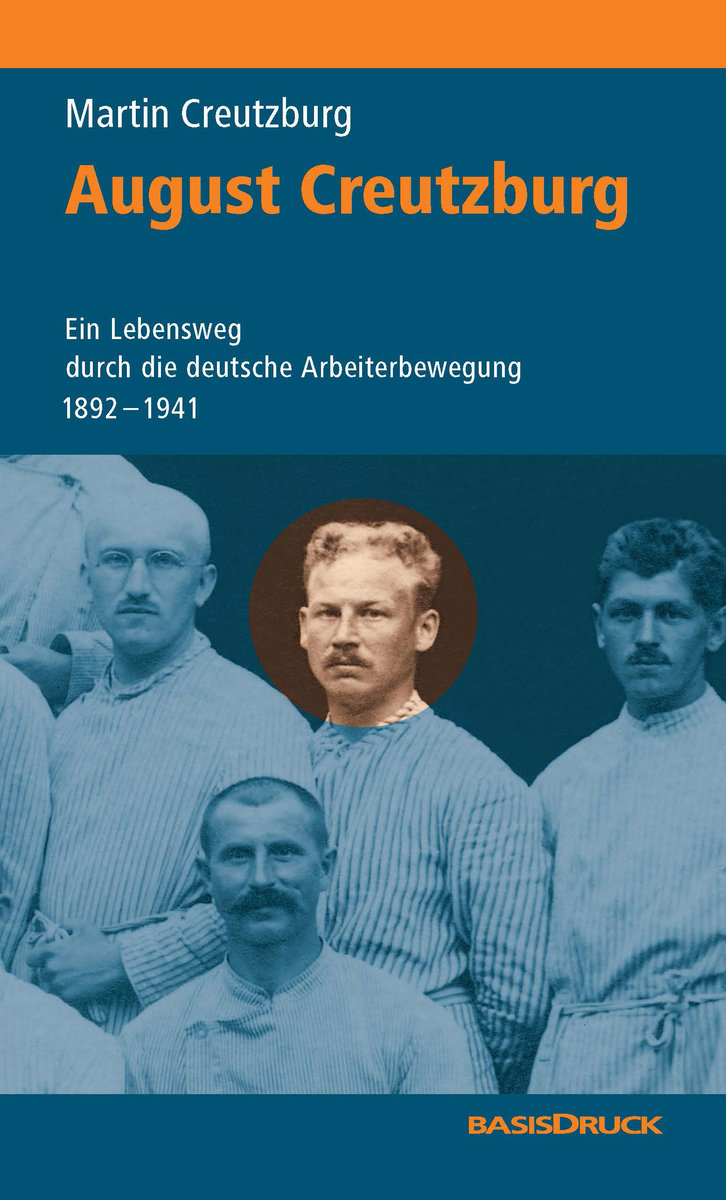Der Tischlersohn August Creutzburg kam aus sozialdemokratischem Hause, doch die Bewilligung der Kriegskredite durch die SPD ließ ihn 1917 zum Mitbegründer der USPD in Thüringen werden. Als der Kapp-Putsch rast, bildet er mit 6000 Kämpfern die 1. Volksarmee Thüringens. 1920 stimmt er für den Zusammenschluß mit der KPD. Mit Karl Korsch und Walter Ulbricht ist er bis 1923 KPD-Funktionär in Thüringen. Danach Parteiarbeit in Sachsen-Anhalt, Hamburg, am Niederrhein und im Saarland, 1928/29 im Ruhrgebiet. 1929-1933 leitet Creutzburg die Organisationsabteilung des ZK in Berlin. Er hat nun die Funktion im Apparat inne, die Herbert Wehner glaubt besser ausfüllen zu können. Als sich beide 1935 im sowjetischen Exil wiedertreffen, sind die Rollen neu verteilt. Wehner führt ein Parteiverfahren an, das Creutzburg schließlich im Malstrom der sowjetischen Säuberungen zu Tode bringt.


